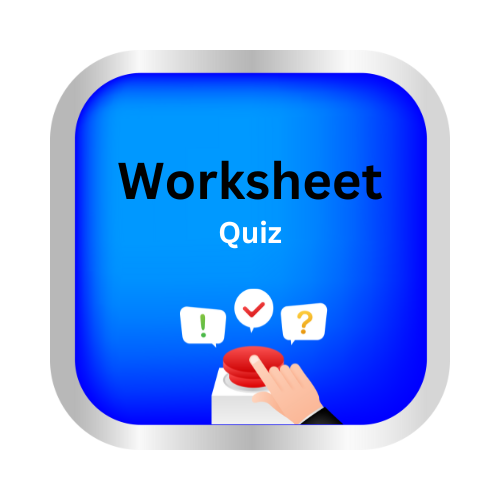Identify main verbs and helping verbs
Key Notes:-
🌟 Identify Main Verbs and Helping Verbs 🌟
| What is a Verb? |
A verb is a doing word. It tells us what someone or something is doing.
Examples:
- I run 🏃♂️ every morning.
- She eats 🍎 an apple.
- They play ⚽ in the park.
| Main Verb 💪 |
The main verb shows the main action in the sentence.
- It tells what the subject is doing.
Examples:
- He writes ✍️ a letter.
- The dog barks 🐶 loudly.
- I read 📖 a story.
💡 Tip: The main verb is usually the last action word in the sentence.
| Helping Verb 🛠️ |
A helping verb is a verb that helps the main verb.
- It tells when or how the action happens.
- Helping verbs come before the main verb.
Common Helping Verbs:
- is, am, are ✅
- was, were ✅
- has, have, had ✅
- will, shall ✅
- can, could, may, might, should ✅
Examples:
- She is reading 📚 a book. → “is” helps the main verb “reading”.
- They have eaten 🍽️ their lunch. → “have” helps the main verb “eaten”.
- I will go 🚌 to school. → “will” helps the main verb “go”.
| How to Identify? 🔍 |
- Find the action in the sentence → That’s the main verb.
- Check if there is a word helping the main verb → That’s the helping verb.
Example:
- She is singing 🎤 a song.
- Main Verb: singing 🎶
- Helping Verb: is 🛠️
- They have finished ✅ their homework.
- Main Verb: finished ✏️
- Helping Verb: have 🛠️
| Practice Sentences ✏️ |
- I am drawing 🎨 a picture.
- He has cooked 🍳 dinner.
- We will play 🎾 tomorrow.

